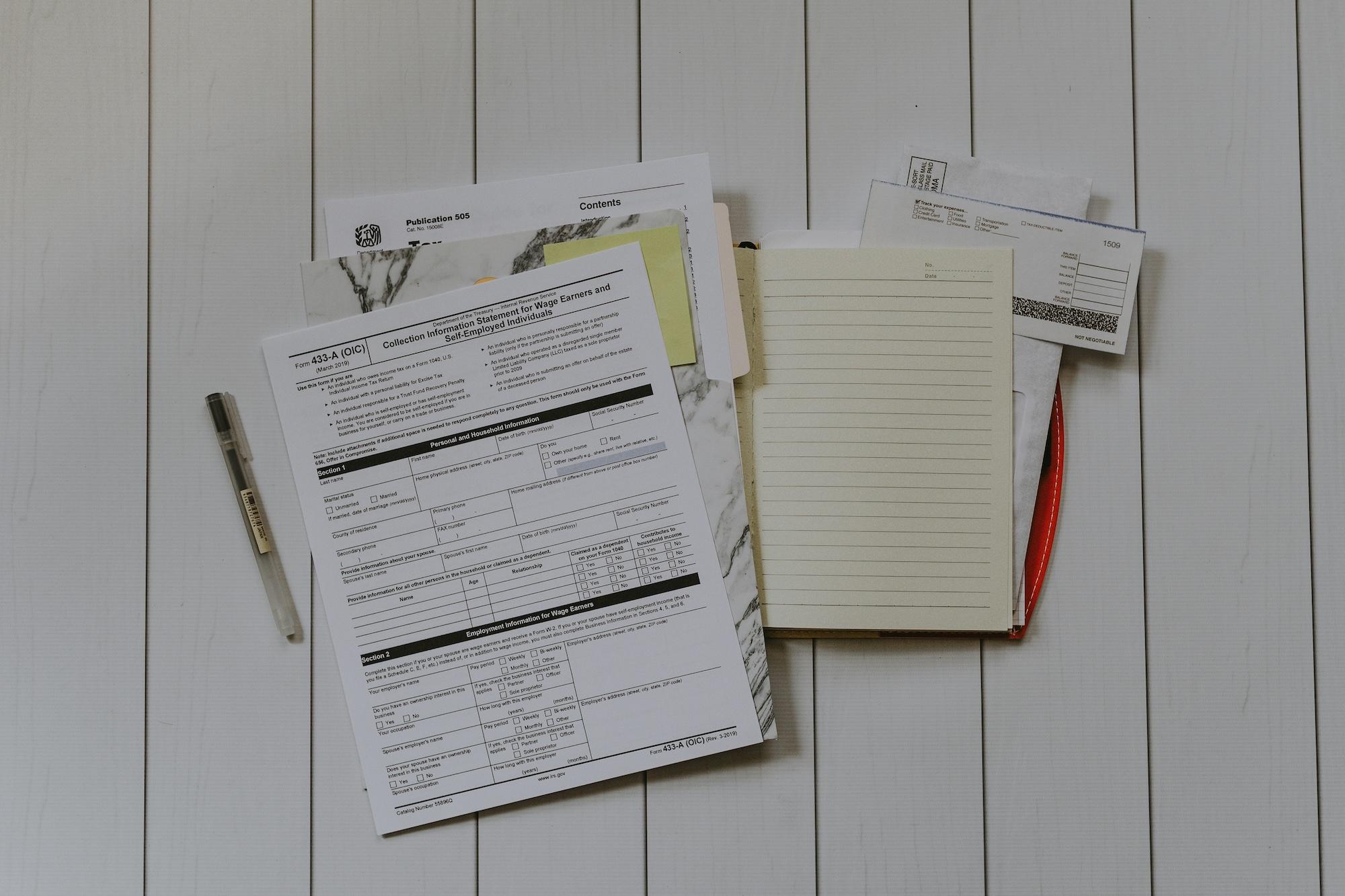Preparing for a Drug and Alcohol Program Audit
This information is provided for educational purposes only. Reader retains full responsibility for the use of the information contained herein.
The word “audit” often carries a negative connotation as the process can mean additional work for administrative staff, potential discovery of violations, and fines or penalties. Although drug and alcohol program audits are not spared this dread, they are an important component in maintaining an effective drug testing program.
Who Can Be Audited?
Drug and alcohol program audits can be conducted by several different entities. Employers that are performing Department of Transportation (DOT) covered work will generally be audited by the federal agency in which they are performing covered functions. Although DOT audits are often viewed as the most stringent, employers may also be subject to audits at the state level, municipal level, or contractual level. Regardless of who is conducting the audit, the overall goal for the auditor is to evaluate an employer’s safety performance, and to ensure recordkeeping practices are complete and compliant with all applicable requirements.
The DOT agencies that conduct audits include the Federal Motor Carrier Safety Administration (FMCSA), Pipeline and Hazardous Materials Safety Administration (PHMSA), Federal Aviation Administration (FAA), Federal Transit Authority (FTA), Federal Railroad Authority (FRA), and the United States Coast Guard (USCG). It is important for employers to understand that each DOT agency has their own set of regulations that must be followed. If any employer is performing work under multiple DOT agencies, they may be subject to drug and alcohol program audits by more than one federal agency. Therefore, it is extremely important for employers to know which agencies they may fall under, and which employees may be considered “covered employees” under each agency.
The Nuts and Bolts of Audits
Audits conducted at a non-federal level may not carry the same penalties as DOT audits, but they are no less important. For example, a general contractor responsible for a project may have specific drug testing requirements all subcontractors must adhere to, even if those requirements differ from their own policy. The general contractor may perform annual audits to verify all requirements are being met and terminate a subcontractor if they are in violation of their over-arching policy requirements.
Program audits are usually not regularly scheduled events, and under general circumstances an audit will occur when the auditing party is available for the audit. Audits may also occur if a violation is reported, or a specific event occurs warranting an audit. For instance, if an accident occurs, a post-incident investigation may determine that an audit of all company drug and alcohol policies and records is necessary to ensure the company is adhering to all requirements outlined in their policy.
Not all audits are the same. In fact, an auditor may only look at a specific section of a company’s program such as random selections, or record keeping for all positive results. Other items auditors may review include: company policies, accurate employee lists, employer checks, lab reports, post-accident reports, reasonable cause reports, Substance Abuse Professional (SAP) reports, positive and refusal records, Employee Assistance Program (EAP) access information, supervisor training records, and result retention. The scope of the audit is determined by the auditor, and this information is shared with the company prior to conducting the audit.
Preparing to be Audited
Preparing for an audit can seem like a daunting task to many employers. In reality, preparing for an audit can be a smooth process as long as the employer fully understands the requirements they are expected to adhere to. These requirements are usually found in a company’s drug and alcohol plan, or in applicable regulatory documents. Additionally, mock audits can help an employer prepare for a true audit. Mock audits can be performed by other contractors, or even internally. In most cases, employers will have a resource available to answer questions they may have regarding specific requirements. These resources can include vendors such as third-party administrators (TPAs), laboratories, collection sites, and medical review services providers.
Employers may often wonder why they are being audited, and express concern or anxiety when tasked with preparing for the audit. The important thing to remember is that audits are a good thing in the drug and alcohol testing industry, despite the negative connotation they may be associated with. The number one priority with a drug and alcohol program audit is to ensure safety and compliance. Like an auditor giving notice prior to the actual audit, employers will also be given a period of time to correct any violations that may have been discovered throughout the process. This typically means that no fines or penalties will be levied until a follow-up audit is conducted, and the violations have been corrected. Auditors sometimes get the short end of the stick and are vilified because of the work they do. On the contrary, most auditors are happy to work with companies in need of additional assistance to get back to their necessary compliance levels. While a drug and alcohol program audit may seem concerning, the benefit of a successful audit is an employer being fully compliant, and having an effective drug and alcohol testing program. Concerned about a potential audit or want to discuss a mock audit? Contact the Current Consulting Group at info@currentconsultinggroup.com to hear about how we can help fulfil your auditing needs.



